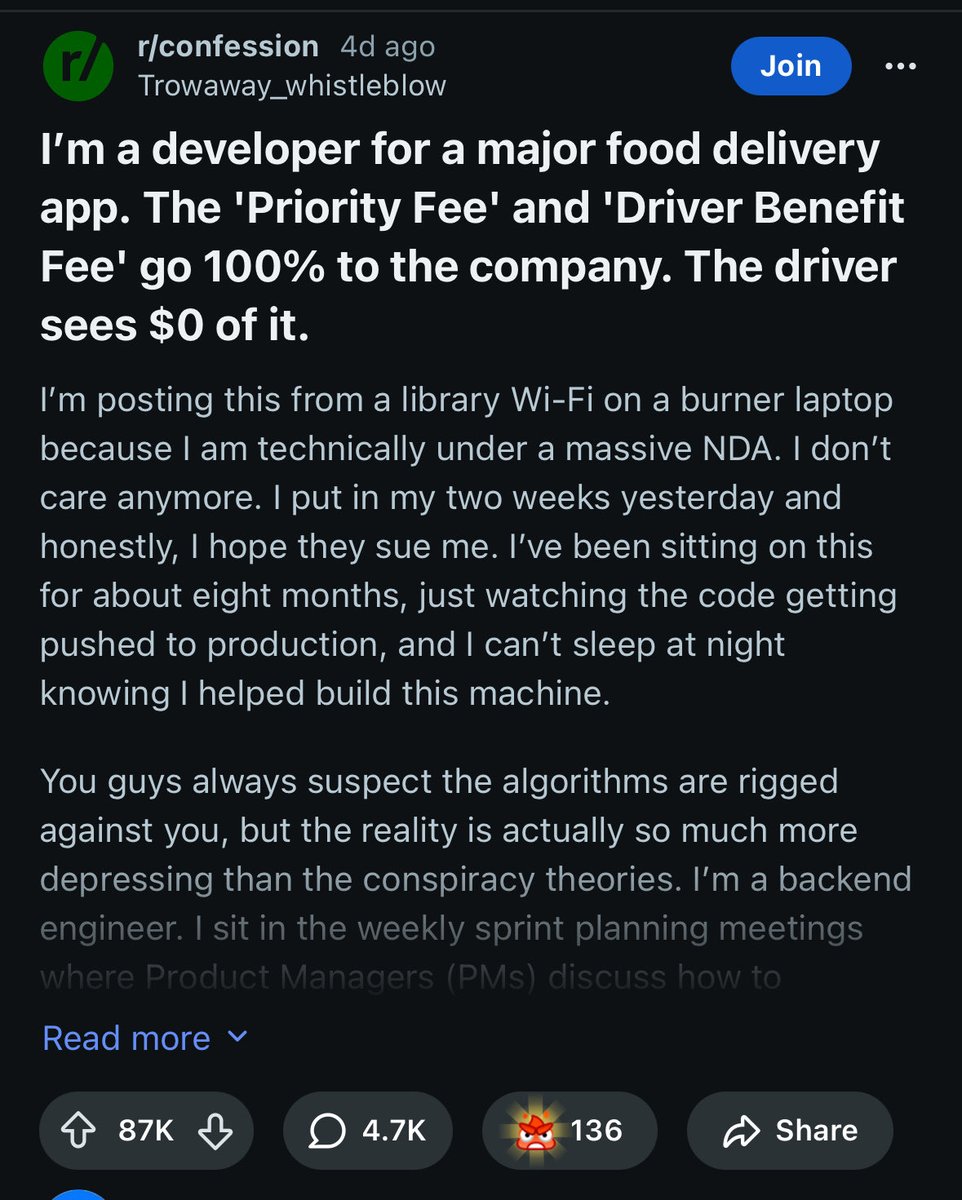The 2021 Talent .io salary report is out. These reports work with the data they have, and it's clear that high-paying tech companies don't use "Europe's largest tech recruitment platform" at all, resulting in data that is off from reality.
A thread on why these reports are off:
A thread on why these reports are off:

1. Access to data. Looking at the Amsterdam data distribution, Adyen, Booking, Uber etc all don't have their data here. They all pay €90K+ for seniors in *base salary* - we'll talk about the rest. Uber and Booking €110K & above: 

2. Total compensation vs salary. These reports focus on salary, but the highest paying companies often pay a lot more than just salary. E.g. at Uber I had years when my stock vesting that year was above my €100K+ salary. My bonus target was €22K as a senior engineer. 

3. This report confirms what I have been saying: there are ranges invisible to most recruitment companies and employees on Tier 2, and especially Tier 3 ranges:
Read the full article on the trimodal nature of tech compensation:
blog.pragmaticengineer.com/software-engin…
Read the full article on the trimodal nature of tech compensation:
blog.pragmaticengineer.com/software-engin…

4. So where do you get better data? You ask around people you know. Go on Blind (the app). Check out levels.fyi. And I'm building techpays.eu that already has over 500 Netherlands/Amsterdam data points. 

5. My next newsletter issue will be about how to find your next opportunity as a software engineer/engineering manager, including a list of (within inner circles) known companies that pay towards the top of the market.
Subscribe here: newsletter.pragmaticengineer.com
Subscribe here: newsletter.pragmaticengineer.com
6. To recap:
These reports are good at showcasing #1 (Tier 1) compensation. They don't tell you *anything* about Tier 2 and Tier 3. Those companies use in-house recruiters and don't recruit through these platforms (or don't share their data at least).
blog.pragmaticengineer.com/software-engin…
These reports are good at showcasing #1 (Tier 1) compensation. They don't tell you *anything* about Tier 2 and Tier 3. Those companies use in-house recruiters and don't recruit through these platforms (or don't share their data at least).
blog.pragmaticengineer.com/software-engin…

And the full survey: …g-pictures.s3-eu-west-1.amazonaws.com/Salary+Report+…
Clearly they put a lot of effort writing the survey: but be very, very, very wary on basing compensation on this. You won’t be competitive even in Tier 1 if you do. Even the Tier 1 market has moved up the past months.
Clearly they put a lot of effort writing the survey: but be very, very, very wary on basing compensation on this. You won’t be competitive even in Tier 1 if you do. Even the Tier 1 market has moved up the past months.
• • •
Missing some Tweet in this thread? You can try to
force a refresh







